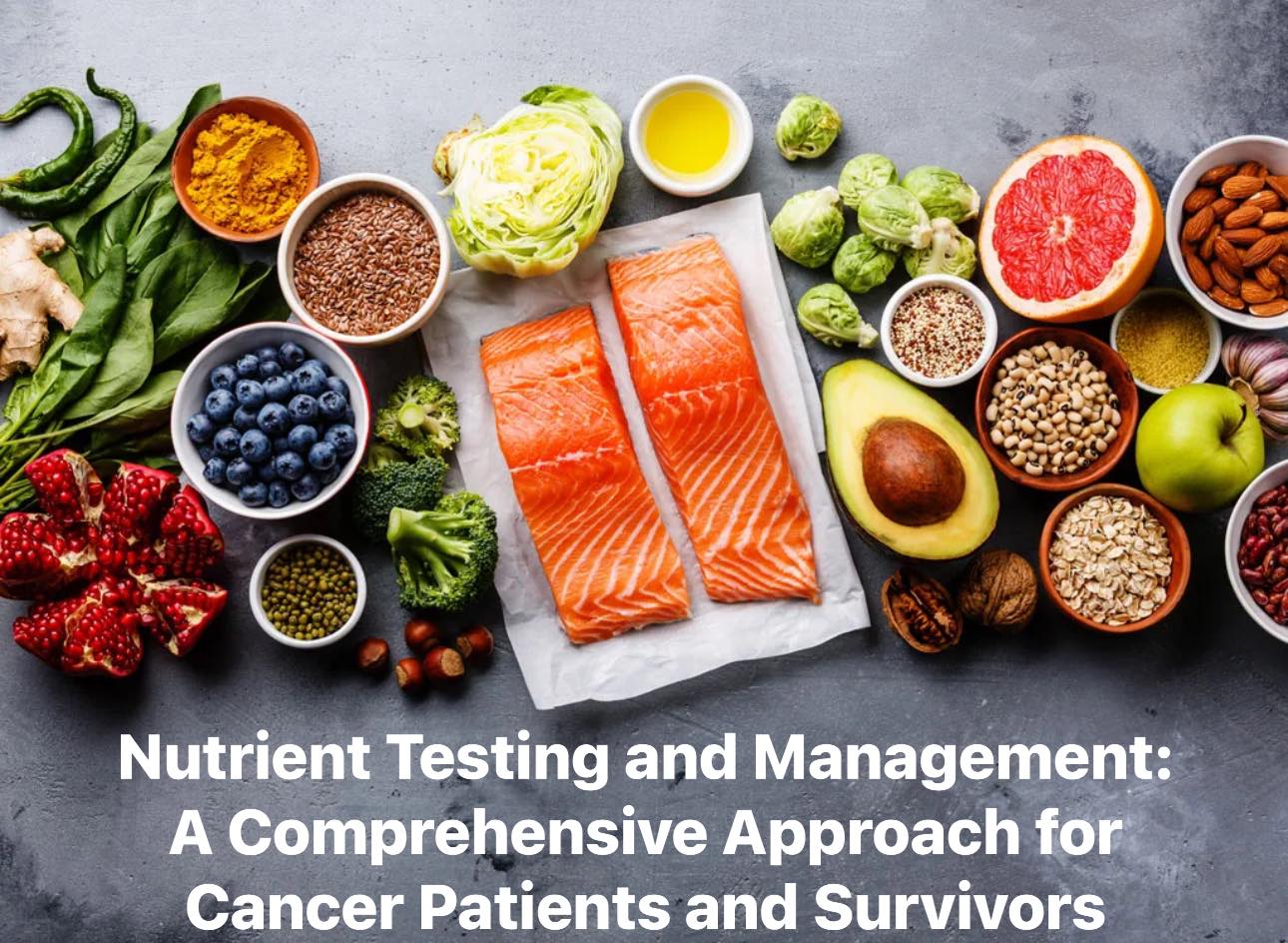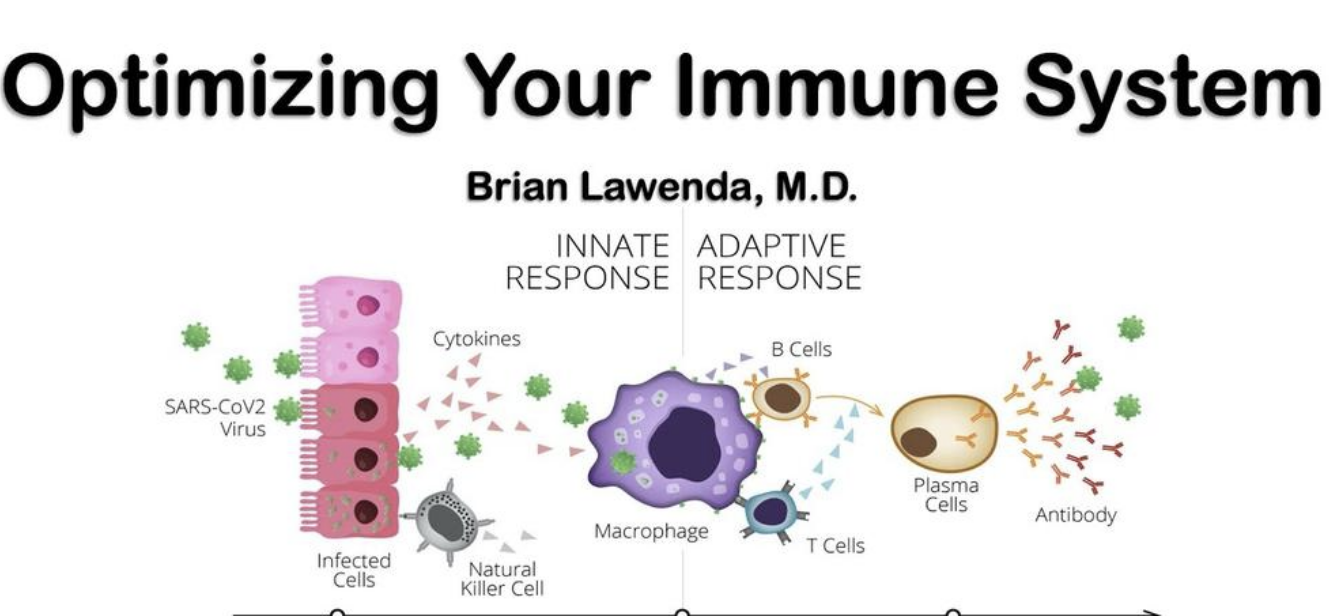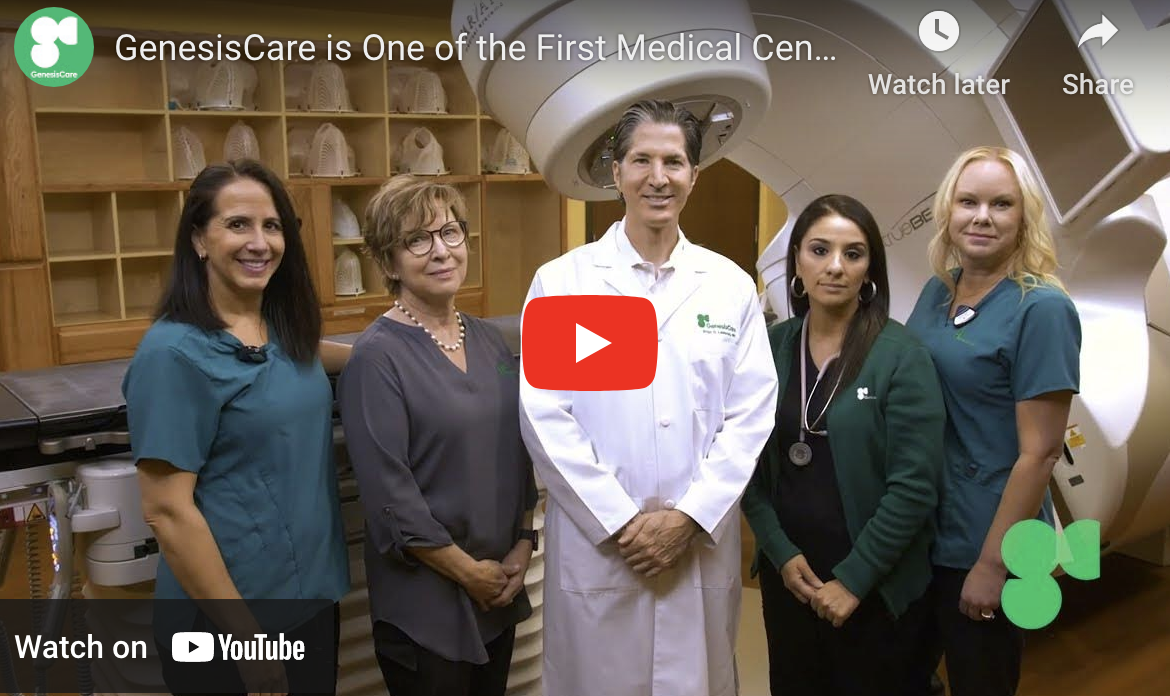PARIS® Test: functional tumor sensitivity assay
If you or someone you know is living with cancer that is not responding to treatment, you need to know about a state-of-the-art test that is not yet standard of care nor included in the oncology guidelines we all use in our practices. It is called the PARIS® Test (from SEngine, Seattle, WA).
**This test is very different than the commonly used next generation sequencing (NGS) tests, which simply look for genetic mutations in the tumor that could be driving the cancer growth. Depending on the mutation found, there may be a drug that can specifically target this mutation. While NGS tests can be important in helping to make cancer drug treatment decisions, studies have found that less than 10% of all cancer patients actually benefit from NGS test driven therapies. https://pubmed.ncbi.nlm.nih.gov/29710180
The PARIS® Test is a type of laboratory test called a “functional tumor sensitivity assay.” It involves:
1) having the cancer care team obtain a fresh sample of the patient’s tumor tissue (multiple core needle biopsies or surgical biopsy or ascites/pleural fluid) and
2) having it sent to the SEngine laboratory within 48 hours of collection, where they 3) expose it to a variety of oncology drugs and 4) measure the cancer killing effectiveness of these drugs. A report is sent to the ordering oncologist, informing them which drug or combination of drugs have the highest and lowest probability of being effective, saving the patients time, money, and unnecessary side effects from less effective drugs.
To give you an example of the accuracy of the PARIS® Test in predicting treatment response, investigators used this test in a prospective trial of pancreatic cancer, and they found a 91.1% success in predicting which drugs were effective in patients. https://pubmed.ncbi.nlm.nih.gov/34064221
“SEngine Precision Medicine is on a truly innovative path. They are doing personalized medicine that will really make a difference for patients.” –Dr. Barbara Goff, UW Professor and Division Director, Gynecology Oncology
PS. Your oncologist may not agree to order this test, they may talk you out of getting it or not treat you with the drugs predicted to be more effective on the report. Furthermore, your insurance company may not pay for the drugs identified as being most effective. Finally, these tests are not routinely covered by most insurance plans.Happy holidays! Prostate cancer study: https://www.ncbi.nlm.nih.gov/pmc/articles/PMC4020278/
For more information on the PARIS® Test
Other functional tumor sensitivity assays that apply similar methods:
- https://www.asc-oncology.com/en/home/ (for European patients)
- https://www.nagourneycancerinstitute.com (another one of my favorites for U.S. patients)



